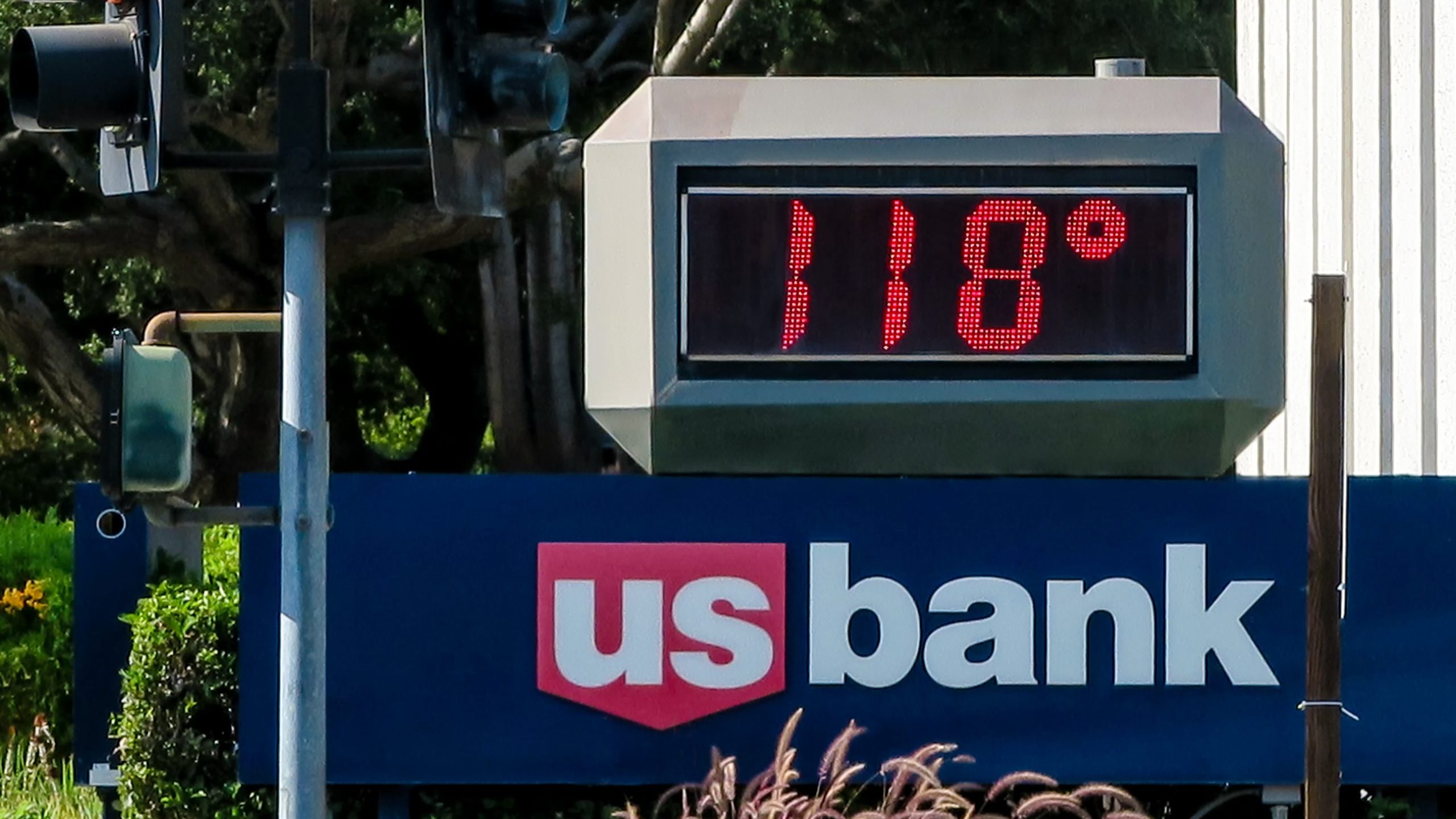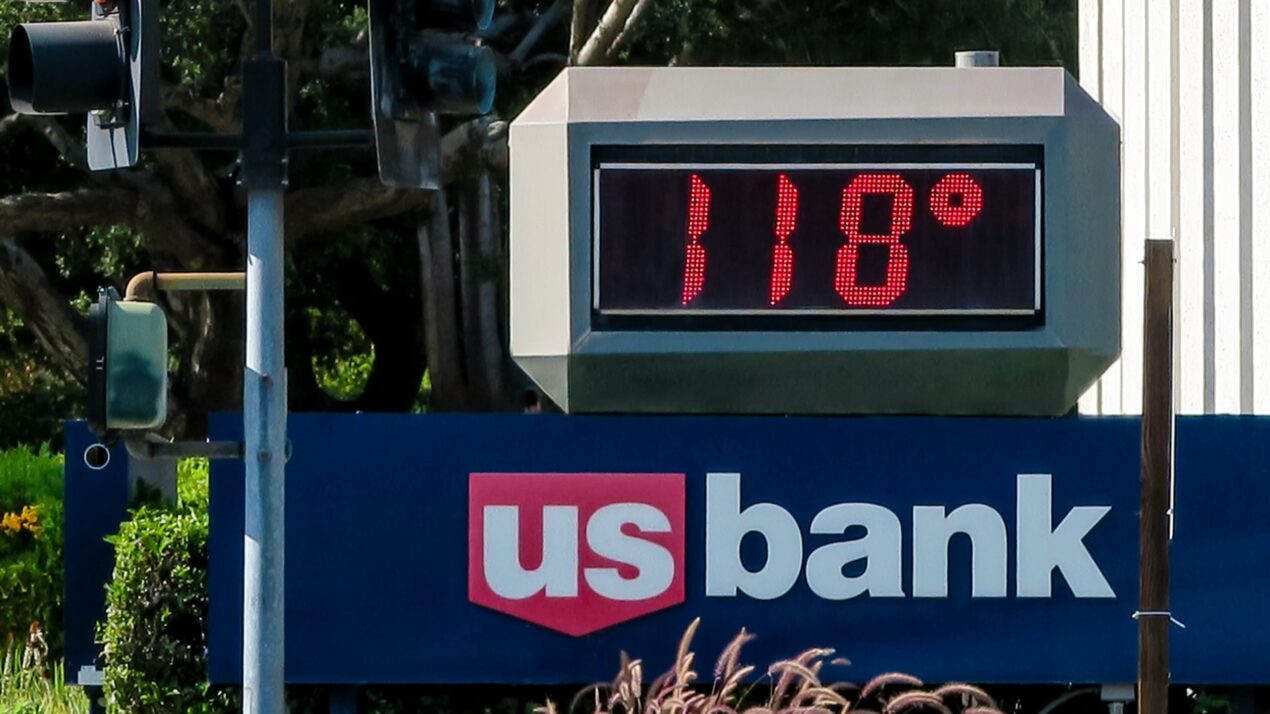
Policy Solution
Early-warning system
Awareness and Engagement

Summary
Communication systems issuing warnings about forecasted dangerous heat conditions have been shown to reduce mortality during extreme heat events.
Implementation
Establish an extreme heat warning system with information about the duration and severity of the heat event as well as directing residents to cooling resources in the community.
Considerations for Use
Heat alerts should be disseminated through multiple channels such as social media, radio, television, text and phone call alerts to ensure the largest reach. The timing and resulting effectiveness of the first official announcement will establish a community’s level of trust in the system.
Overview
Climate:
Cold, Hot/Dry, Hot/Humid, TemperatePolicy Levers:
Awareness and EngagementGovernments may design and operate programs with the goal of increasing awareness and engagement among constituents or stakeholder groups about the risks and opportunities of extreme heat.Trigger Points:
No-regrets actions (low cost/low effort but substantial benefit)Interventions that are relatively low-cost and low effort (in terms of requisite dependencies) but have substantial environmental and/or social benefits.Intervention Types:
Communications/OutreachSectors:
Disaster Risk Management, Informal Settlements, Public Health
Case Studies
Impact
Target Beneficiaries:
Heat-vulnerable communities, ResidentsPhase of Impact:
Emergency response and managementMetrics:
Number of community members reached
Implementation
Intervention Scale:
City, State/ProvinceAuthority and Governance:
City government, State/provincial governmentImplementation Timeline:
Short-term (1-2 Years)Implementation Stakeholders:
City government, State/provincial governmentFunding Sources:
Grants and philanthropy, Public investmentCapacity to Act:
HighBenefits
Cost-Benefit:
LowPublic Good:
HighGHG Reduction:
N/ACo-benefits (Climate/Environmental):
Provide flood protectionCo-benefits (Social/Economic):
Build social cohesion, Improve human health